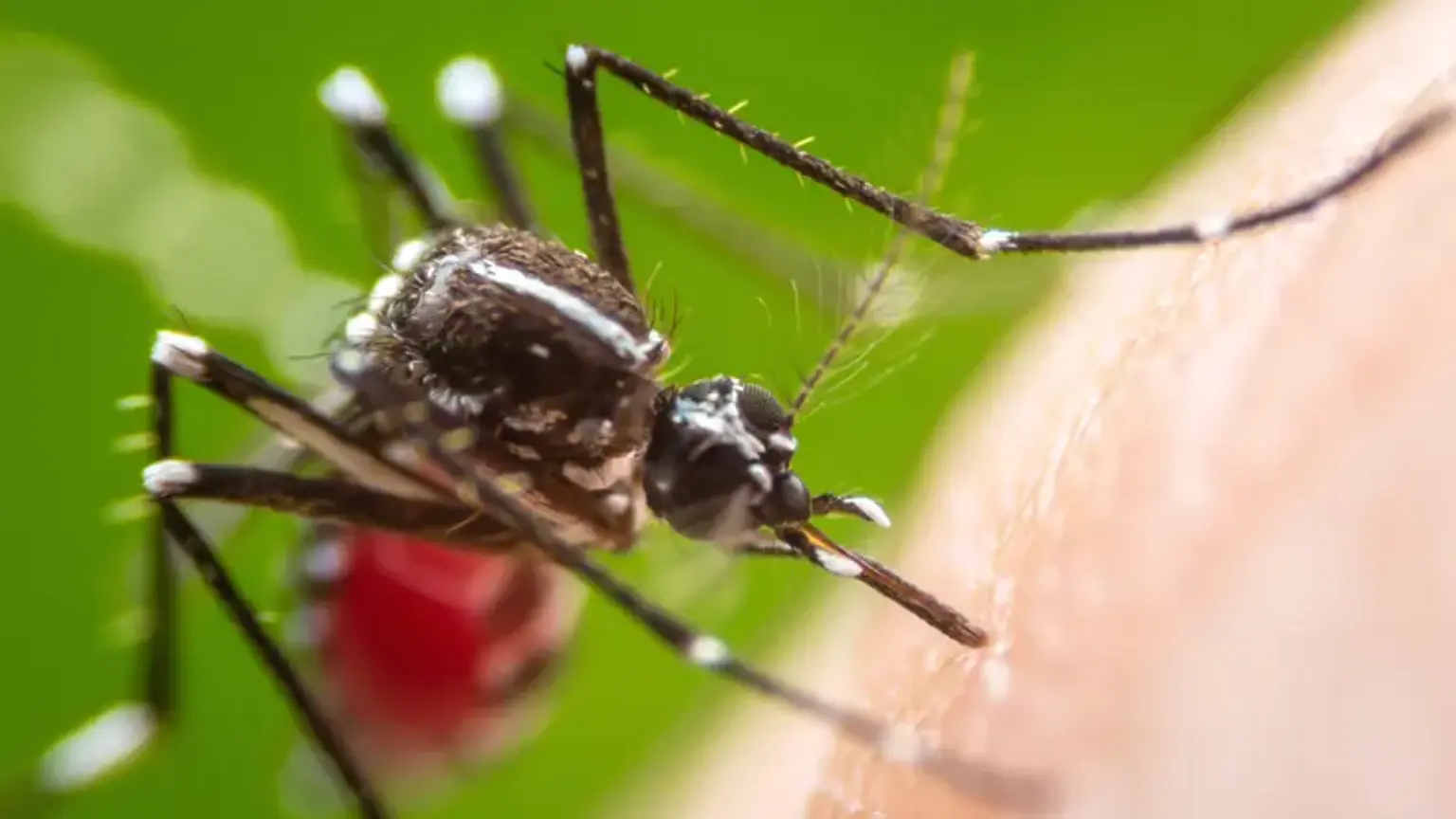Introduction
Dengue fever is a viral illness transmitted primarily by Aedes mosquitoes, particularly Aedes aegypti and Aedes albopictus. It is a significant public health concern in tropical and subtropical regions, where the mosquito vectors thrive in warm, humid environments. The World Health Organization (WHO) estimates that dengue infects around 390 million people worldwide each year, leading to over 25,000 deaths annually.
In recent years, outbreaks have occurred in areas where dengue was previously rare, such as parts of Asia, the Americas, and even some regions of Europe. Korea, for instance, has seen a rise in cases due to global travel and the expanding range of the mosquitoes carrying the virus. As such, understanding the symptoms, prevention strategies, and treatment options for dengue fever is crucial for both residents and travelers in regions affected by this disease.
This article will provide a detailed explanation of dengue fever, focusing on its symptoms, how it is diagnosed, and the various methods of prevention and treatment. By understanding these aspects, individuals can reduce their risk of contracting the virus and seek appropriate medical care if necessary. With the increasing frequency of dengue outbreaks globally, especially in Asia and Korea, it is essential to stay informed and vigilant.
The Causes of Dengue Fever: The Dengue Virus
Dengue fever is caused by the dengue virus, a member of the flavivirus family. There are four distinct serotypes of the dengue virus: DEN-1, DEN-2, DEN-3, and DEN-4. Infection with one serotype generally provides lifelong immunity to that specific strain, but it does not protect against the other serotypes. In fact, infection with a second or third serotype can increase the risk of developing severe forms of the disease, such as dengue hemorrhagic fever or dengue shock syndrome.
The dengue virus is primarily transmitted through the bite of an infected Aedes mosquito. These mosquitoes become carriers of the virus after biting a person already infected with dengue. Once infected, the mosquito remains contagious for the rest of its life, transmitting the virus to other humans whenever it bites them.
The Aedes mosquitoes responsible for transmitting the dengue virus are most active during the daytime, with peak periods around dawn and dusk. These mosquitoes thrive in urban environments, particularly in areas with poor waste management, where they can breed in stagnant water. The mosquitoes breed in small containers like flower pots, discarded tires, and water storage containers, making it critical to eliminate standing water around the home to reduce breeding sites.
Dengue outbreaks are common in tropical and subtropical regions, but they have also started appearing in non-endemic areas, including parts of Korea, due to increased international travel and the expanding range of Aedes mosquitoes. While these mosquitoes are generally found in tropical areas, rising temperatures and global warming are causing them to move into higher altitudes and more temperate climates, creating new risks for dengue transmission in places like Korea.
